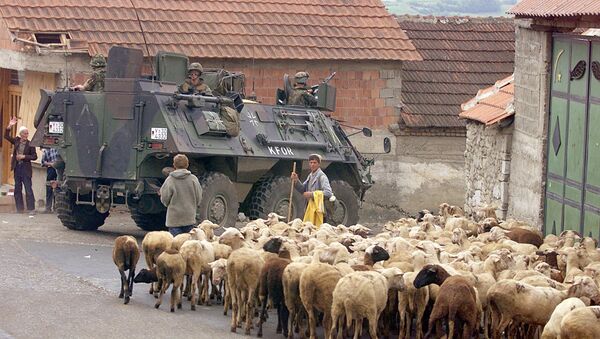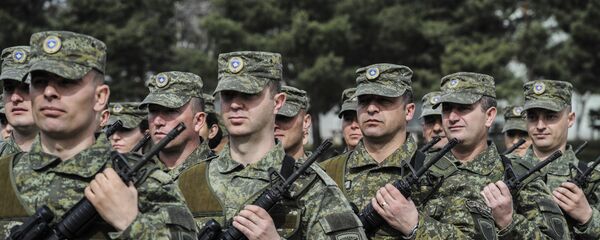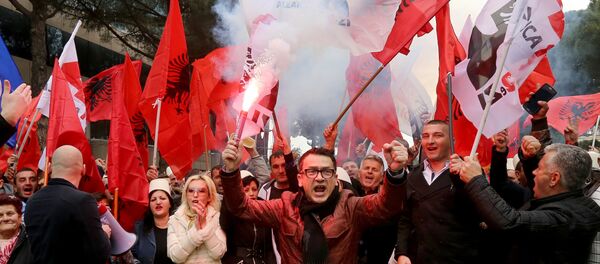“The second reason is that the German armed forces are now focusing on fighting terrorism, preventing the threats stemming from the influx of refugees and also on containing Russia in the wake of the so-called ‘annexation of Crimea,’” Andrej Mlakar said.
He also mentioned the sizeable military contingent Germany had earlier sent to Lithuania and Estonia, and another one it was now going to deploy in Poland.
“Moreover, with all the talk about the creation of the pan-European Army Berlin is holding out for, it looks like Kosovo has been dropped from the list of German priorities,” Mlakar noted.
Part of the facilities currently used by the German contingent in Kosovo will be used to train members of the so-called Kosovo Security Force, which are not recognized by Serbia as a legitimate military force in the region.
KFOR entered Kosovo on June 12, 1999, two days after the adoption of UN Security Council Resolution 1244. KFOR troops initially numbered 50,000 and came from 39 different NATO and non-NATO nations.
By 2007 their number had dropped to 16,000. At present, there are an estimated 4,600 troops from 31 countries still deployed in Kosovo, which almost equals the size of the Kosovo Security Force.
Since its introduction in 1999, the German contingent has dropped from 7,000 to 1,500.
In 2002, NATO started scaling back its Balkan peacekeeping missions after a review found that security and stability in the war-scarred region had improved.
In some cases, the peacekeepers just watched the rampage from their bases, located just meters away.
In 2004, Der Spiegel published an article, which said that the German peacekeepers did nothing to prevent the pogrom of a 14th century Orthodox monastery near Prizren. All they did was moving out the monks and a couple of visitors, leaving the cultural and religious monument to the mercy of the rampaging ethnic Albanian vandals.
After the March 2004 pogroms, NATO decided not to scale down its military presence in Kosovo. However, the reduction of the KFOR contingent resumed in 2010.
NATO has approximately 4,500 troops stationed in Kosovo, which unilaterally proclaimed independence in 2008 and is recognized by over 100 UN member states. Serbia, as well as Russia, China, Israel, Iran, Spain, Greece and other countries, do not recognize Kosovo's independence.
Never miss a story again — sign up to our Telegram channel and we'll keep you up to speed!





